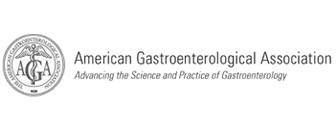Microbiome and Probiotics
The gut microbiome and its role in health and disease is a field of much interest. The interaction between the gut microbiome and the body are symbiotic and play a key role in the regulation of our health. The microbial community that constitutes the microbiome of any one person is not permanent. Lifestyle factors, diet and antibiotic use can alter the microbiome, which in turn can lead to dysbiosis. Intestinal dysbiosis may lead to the development of gastrointestinal disease.
Prebiotics are dietary components that promote the growth and metabolic activity of beneficial bacteria. Probiotics are supplements containing the beneficial bacteria.
The role of probiotics in conditions of the gut is not yet settled. Because probiotics are considered dietary supplements and not drugs by the Therapeutic Goods Administration, they are not as rigorously or extensively studied as medications. This is disappointing, as it means we don’t know as much as we would like to about the mechanism of action of probiotics or their potential adverse effects. In addition, the sheer number of different species of microbes in the gut makes it difficult to determine the role of each species.
It is likely that different combinations of microbes (and thus different probiotics) are required for different gastrointestinal diseases. Perhaps manipulation of the gut microbiome will need to be individualised as we learn more about the complex interactions between our bodies and our microbiomes.










